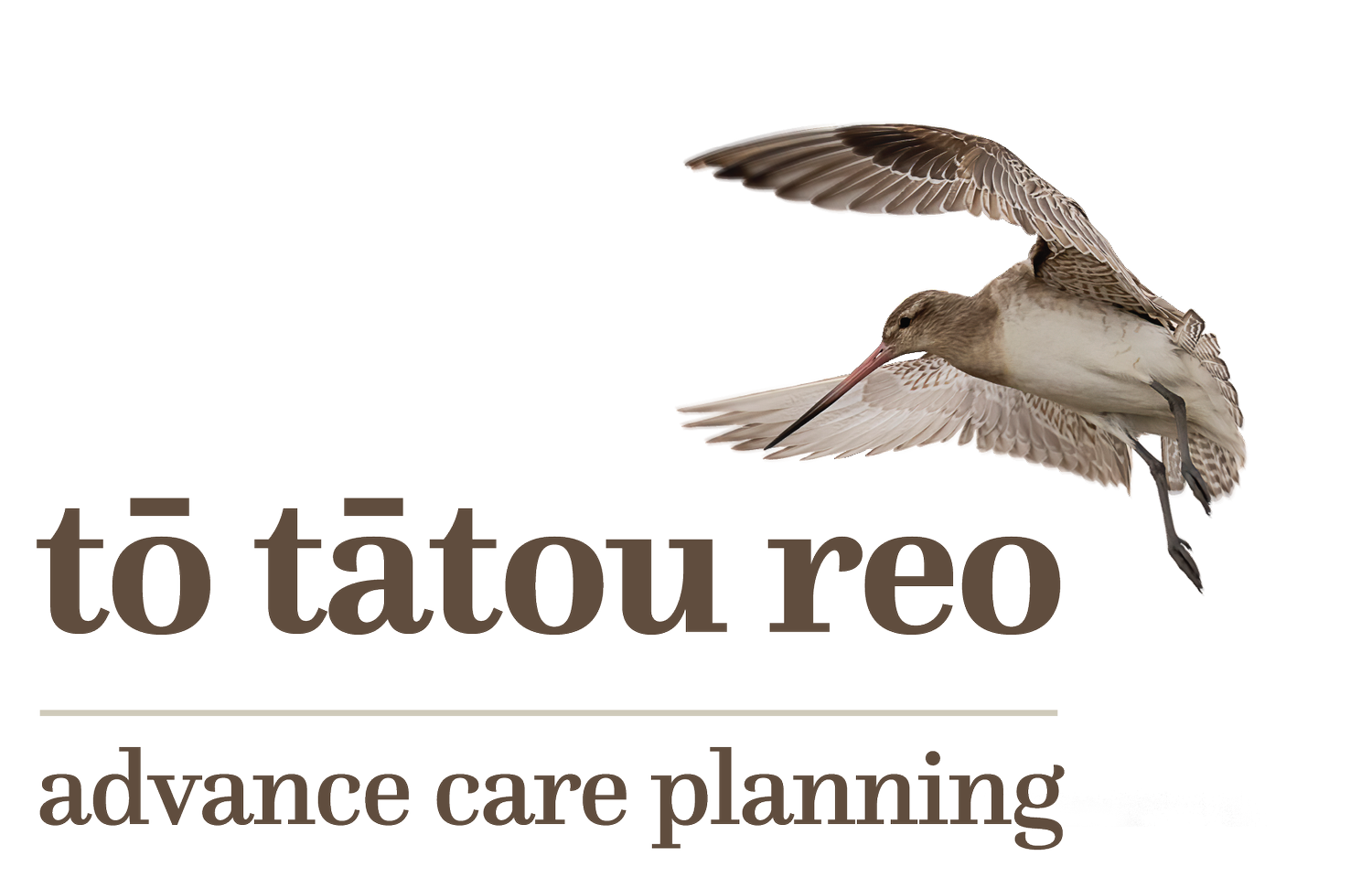
What is shared goals of care?
Ngā whāinga tauwhiro
Shared goals of care
Shared goals of care are conversations between hospital patients or aged care residents, their whānau, and their health care teams about what is most important to the person receiving care — especially if their health changes during a hospital stay or while living in a care facility.
Shared goals of care conversations
What matters to you matters to us.
Shared goals of care conversations explore:
Your understanding of your current health condition
Your priorities if your health did change
What worries you and what gives you strength
What abilities are so important to you that you couldn’t imagine life if you weren’t able to do them
How much you would be willing to go through for the possibility of more time.
Shared goals of care conversations help make sure the care you receive during your current stay in hospital or aged care reflects your wishes, especially if you become more unwell.
Why shared goals of care are important
They support person-centred care and dignity
They help you and your whānau feel more prepared
They guide clinical decisions in a way that reflects your values
They are flexible
These are not forever decisions. The goals you agree on with your health care team apply to your current hospital admission or aged care setting. If things change, you can talk with your health care team and make a new plan.
If you return to hospital, the conversations will happen again.
In aged residential care, shared goals of care are reviewed regularly — typically every 3 to 6 months — and whenever there is a significant change in your health or if you move to a new facility.
How shared goals of care fit with advance care planning
Advance care planning is about thinking ahead — considering what matters to you and documenting your preferences for future care. Shared goals of care are part of this journey, but they focus on your current situation.
Advance care planning is broader and often future-focused. It may include developing an advance care plan, advance directive or Enduring Power of Attorney to help guide decision making if you are no longer able to communicate your wishes and preferences yourself.
Shared goals of care are specific to your current hospital admission or aged care setting. They guide decisions in real time and are revisited as things changes to ensure they reflect what matters most to you.
If you’ve already had advance care planning kōrero with your whānau or health care team, or if you’ve documented an advance care plan or directive, these can help inform your shared goals of care. They provide a foundation for understanding your values and preferences, and help ensure your care continues to reflect what matters most to you.
Sometimes, the shared goals of care discussions you have in hospital or in your aged care facility may lead you to update your advance care plan — so it better reflects your current situation, wishes, and priorities.
Together, advance care planning and shared goals of care help ensure your care reflects your values, supports your wellbeing, and involves the people who matter most to you.
Shared goals of care resources
Shared goals of care information leaflet for hospital patients and whānau
Shared goals of care factsheet for aged residential care residents and whānau
Our stories







